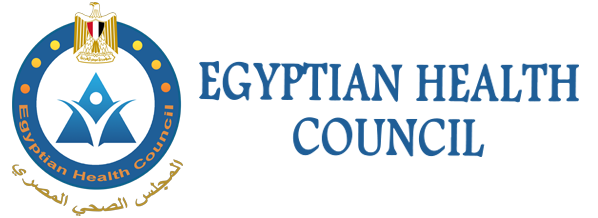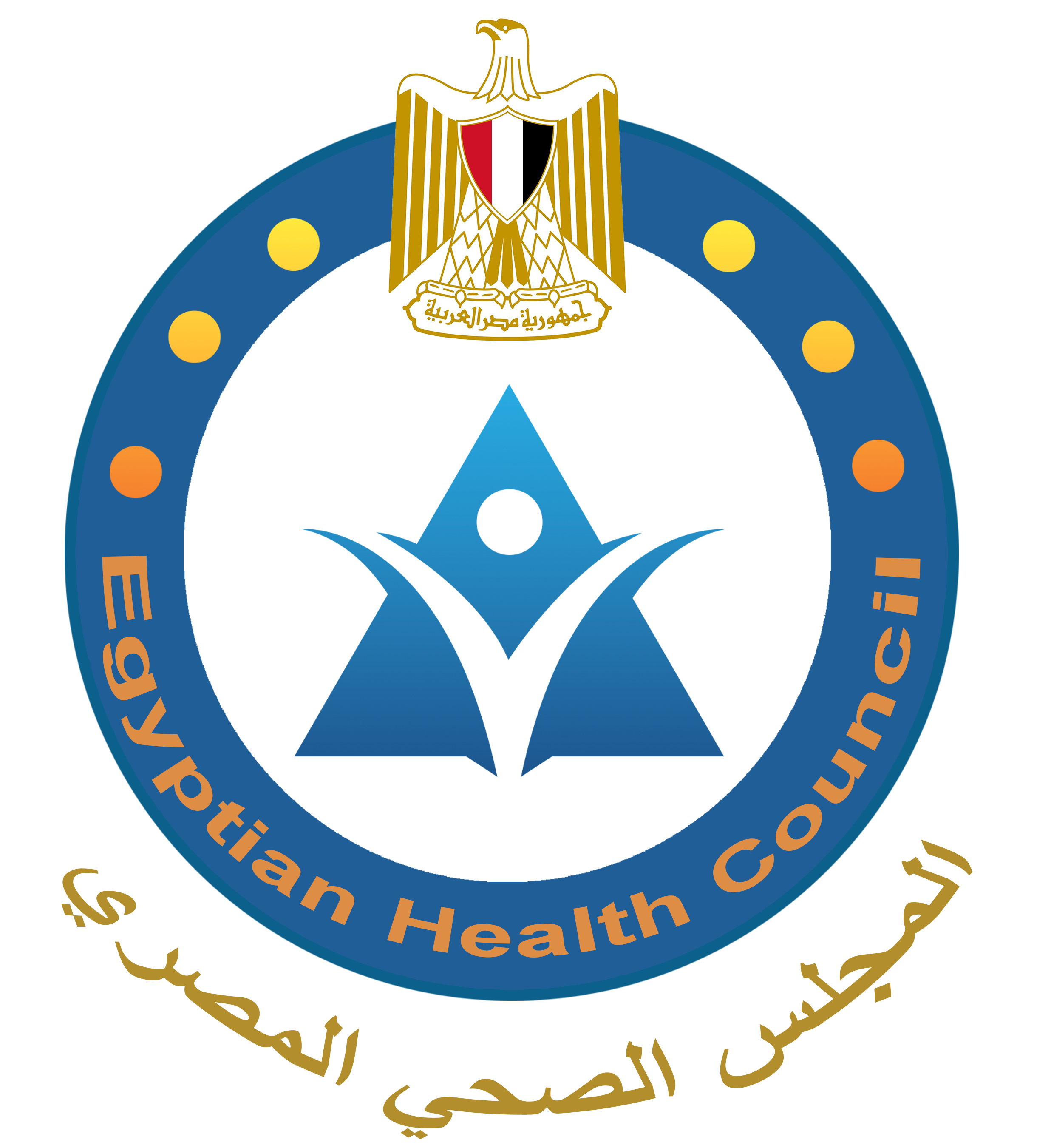
Diarrhea and Enteritis in Calves
"last update:8 Dec 2024"
- Treatment of diarrhea in calves
1- Rehydration and Electrolyte Replacement
- Oral Rehydration Solutions (ORS):
- Given frequently to replace lost fluids and electrolytes.
- Should contain sodium, potassium, chloride, glucose, and bicarbonate or acetate.
- Given in mild cases of calf diarrhea
- Intravenous Fluids:
- Used in severely dehydrated calves who cannot drink or are in shock.
- Control of acidosis by sodium bicarbonate IV solution.
2-Nutritional Support
- Continue Feeding (mild cases):
- Calves should continue to receive milk or milk replacer to provide energy.
- Feed smaller, more frequent meals if necessary.
- Withholding Milk:
- In severe cases, milk may be withheld for 12-24 hours while providing electrolytes, then gradually reintroduced.
3- Antimicrobial Therapy
- Antibiotics:
- Used if a bacterial infection is confirmed or strongly suspected.
- Broad-spectrum antibiotics are commonly used, but targeted therapy is preferred based on culture and sensitivity results.
- Probiotics:
- Can help restore normal gut flora and improve recovery.
4-Antiparasitic/ antiprotozoal therapy
o Broad spectrum antiparasitic drugs must be used (thiabendazole, ivermectin).
o Halofuginone and azithromycin have efficacy in calves with diarrhea due to Cryptosporidium parvum, and their administration should be considered in calves documented or suspected to have cryptosporidiosis.
o For coccidiosis: Toltrazuril and diclazuril can be used for both treatment and prophylaxis of coccidiosis.
5-Anti-inflammatory Medications
- Non-Steroidal Anti-Inflammatory Drugs (NSAIDs):
- Used to reduce fever, inflammation, and discomfort in sick calves.
- Must be used under careful veterinary attention due to potential side effects.
